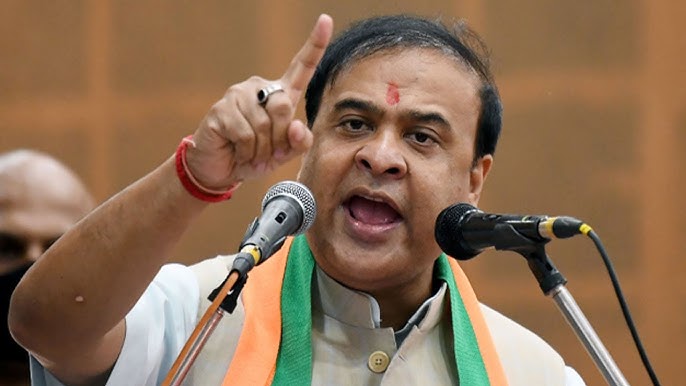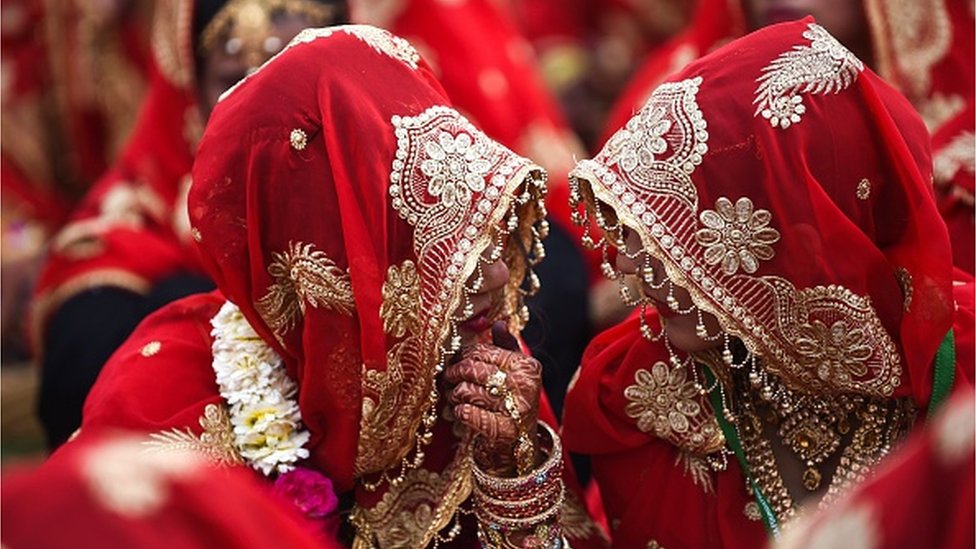In a landmark decision, the Assam Cabinet has approved a new bill seeking to ban polygamy across the state. The bill, titled “The Assam Prohibition of Polygamy Bill, 2025”, is scheduled to be tabled in the state assembly on November 25, 2025. The move marks a major step towards promoting gender equality and uniform civil practices.
The Assam Cabinet, led by Chief Minister Himanta Biswa Sarma, has cleared the Assam Polygamy Prohibition Bill, which aims to outlaw the practice of one person having multiple spouses simultaneously. The proposed law will now be introduced in the state assembly for approval.
The proposed law will make polygamy a criminal offence punishable with imprisonment of up to seven years. It is designed to apply to all citizens in the state except for autonomous tribal regions governed under the Sixth Schedule of the Constitution, which are exempted due to existing constitutional safeguards for their customary practices.
The ban is part of the state government’s push for other social reforms, such as the crackdown on child marriage and the proposed law against “love jihad”, reflecting a desire to streamline societal norms.
Bill seeks to provide compensation to victimised women
Chief Minister Sarma said the decision was taken after careful legal examination and widespread public consultation. The government had earlier formed an expert committee to ensure the bill aligns with the Constitution and personal laws.
He further announced that the state government will create a fund to compensate victims of polygamy. “The government will provide financial assistance in necessary cases to ensure that no woman faces hardship,” a news agency quoted him as saying.



